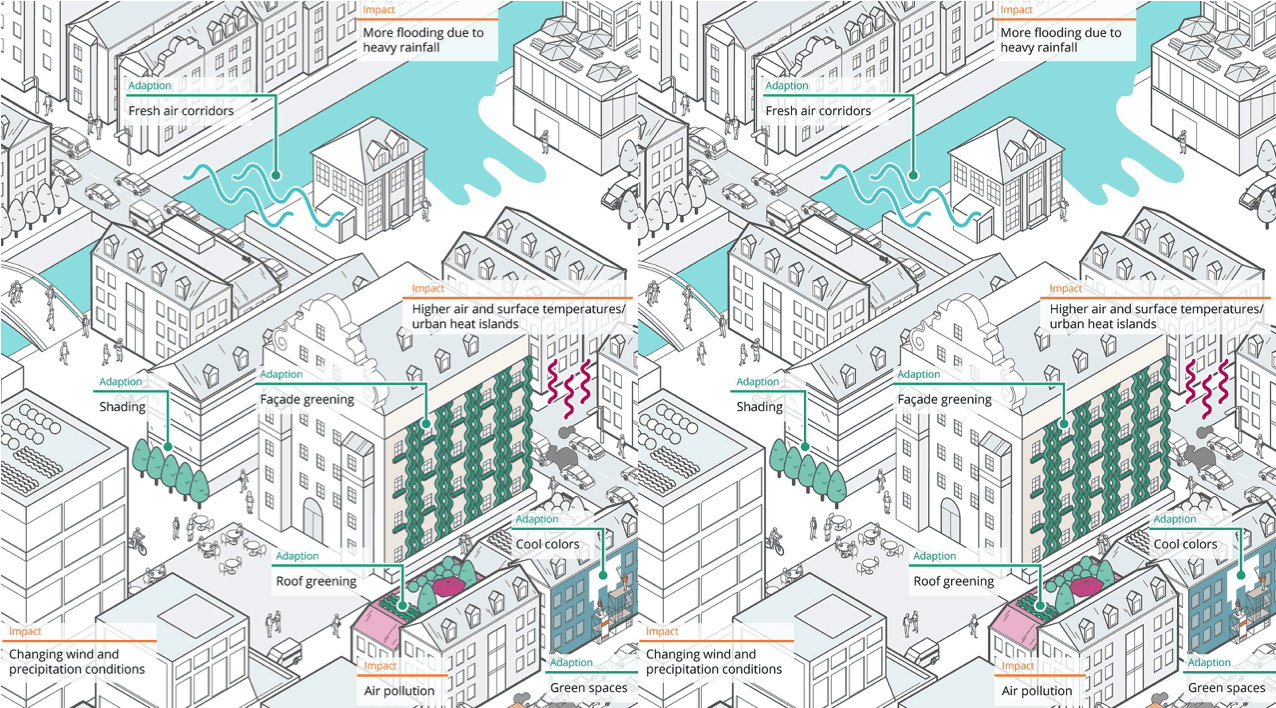
In his acclaimed book “The Black Swan,” Nassim Nicolas Taleb analyzes the influence of highly improbable events on our lives. As exemplified by the black swan, which in Europe was once considered to be non-existent because there were no such things as black swans. That is until black swans were spotted for the first time by Europeans in Australia.
At the moment, we’re experiencing another kind of black swan event. All of a sudden the Corona virus is changing the world. What worked perfectly just a few months ago (at least in Europe) are being severely restricted right now and right in front of our eyes, without us really being able to do anything about any of it. International supply chains, international travel opportunities, our sense of security. The corona virus is shattering our basic assumptions of a global, interconnected and secure world. It highlights how unstable and dependent our world really is.
VUCA World
At the same time, it fits perfectly into our vision of the VUCA world. (VUCA =Volatility | Uncertainty | Complexity | Ambiguity). The impact of the Corona virus is extraordinarily volatile. There is a high degree of uncertainty as to its implications for the health of the population. Its influence on us and our lives is extremely complex and we have no idea yet as to how we can effectively counteract it or which areas of our lives will be affected. Actually a fairly typical representation of what we refer to as our VUCA world.
Why do we have such a hard time with these black swan events? The totally unexpected turn of events that we didn’t think would happen. And if they did, they’d surely never affect us personally.
People are the sum of their own routines. We would barely be able to survive without them, without routines, beliefs and biases. According to American research, we have to make over 30,000 conscious decisions a day. That amounts to one decision every two seconds. Anyone who has ever had to make a lot of decisions over a short period of time knows how cognitively exhausting this can be.
A sense of direction and security
These black swan events challenge our routines, beliefs and thought patterns. Because they confront us with something new that we never expected. And which we, depending on our personality and how we are affected, interpret as a threat and then respond to fearfully.
On top of that, we tend to extrapolate the future from the past based on our experiences and impressions. Most often in a fairly linear fashion. We do this because it gives us a sense of direction and security. And because thinking exponentially is demanding and exhausting for lots of people. Consequently, we tend to prefer to think in linear terms.
We know that this is wrong. We know that the world does not evolve in a linear fashion, but rather exponentially – and does that across many facets of life. Just take the developments in semiconductor technology, digitalization or environmental technology as examples. Innovations are answers to the demands and challenges of a particular day and age. They are, so to speak, disruptive to a problem. So-called black swan events show us how to challenge and adapt our worldview past our routines and thought patterns. They point out to us where we should question our worldview and thereby find new answers and solutions.
Where are the black swans?
And these black swans not only exist on a grand scale, but also on a smaller scale. For example, when a start-up company reaches what is known as a growth threshold as a result of its expansion and is forced to adapt its organisation, communication and decision-making processes. Many start-ups fail at this point because their founders are unwilling to adapt to the circumstances and prefer to keep their company culture (= sum of their business practices) at all costs. Obviously, growth thresholds are not exactly black swan events. Or are they? Growth thresholds are also black swans for founders who don’t want to accept that their company will change over time. Who believe that these changes only apply to others and will not ever affect them directly.
Which black swans do you have in your life?
About this column:
In a weekly column, written alternately by Tessie Hartjes, Floris Beemster, Bert Overlack, Mary Fiers, Peter de Kock, Eveline van Zeeland, Lucien Engelen, Jan Wouters, Katleen Gabriels and Auke Hoekstra, Innovation Origins tries to figure out what the future will look like. These columnists, occasionally joined by guest bloggers, are all working in their own way on solutions to the problems of our time. So that tomorrow is good. Here are all the previous articles.







